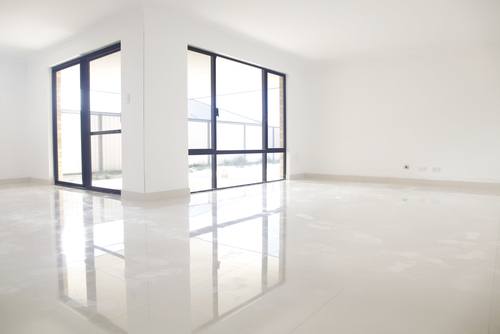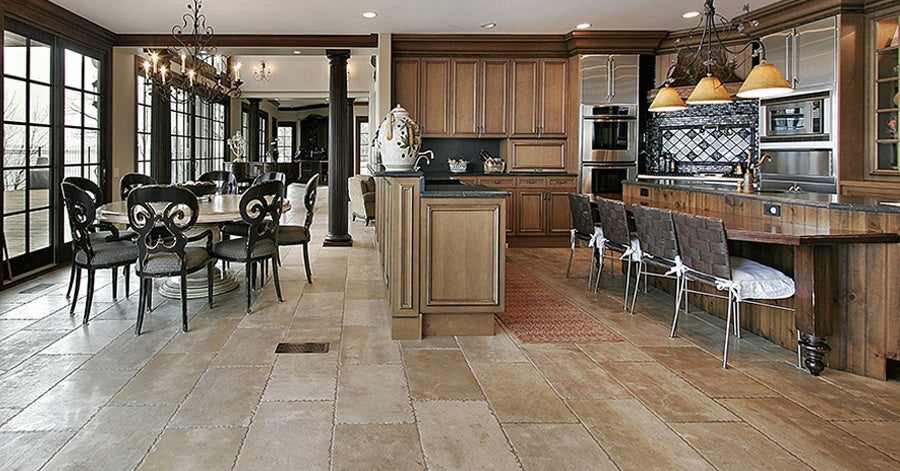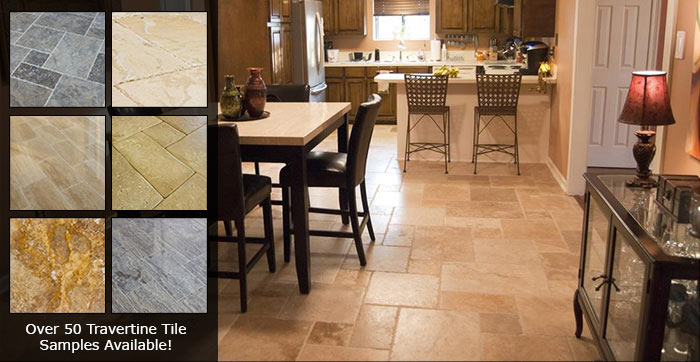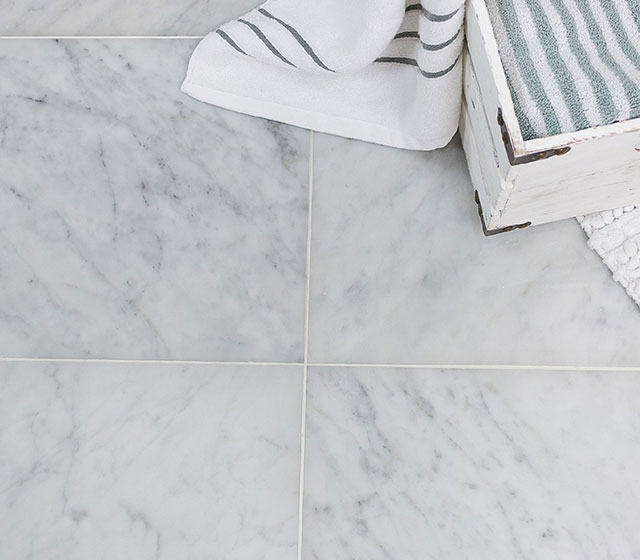When it comes to choosing the right material for your flooring, there are many options available in the market. Two of the most popular materials are porcelain and marble. Both have their own unique features and benefits, but which one is better? In this article, we’ll take a closer look at porcelain and marble flooring and help you decide which one is best for you.
Porcelain Flooring: Durability and Low Maintenance
Porcelain is a type of ceramic that is fired at a higher temperature than regular ceramic tiles. This makes it harder and more durable, and it can stand up to heavy foot traffic and wear and tear better than marble. Porcelain is also more resistant to stains, scratches, and moisture, making it an excellent choice for areas that are prone to spills or high humidity. Porcelain flooring is also low maintenance, as it requires only basic cleaning to keep it looking its best.
Marble Flooring: Elegant and Unique
Marble is a natural stone that has been used in architecture and interior design for centuries. It has a unique and elegant look that can add a touch of sophistication to any room. Marble comes in a variety of colors and patterns, and each slab has its own distinctive veining and markings. It can also be polished to a high shine, creating a luxurious look that is hard to match. However, marble is softer and more porous than porcelain, and it can be prone to scratches, stains, and etching from acidic substances.
Cost and Installation
Porcelain flooring is generally less expensive than marble, both in terms of material and installation costs. Porcelain tiles are manufactured in large quantities, which makes them more affordable than natural stones like marble. Additionally, porcelain is easier to install than marble, as it is lighter and more uniform in size and shape. This means that installation costs are lower, and the job can be completed more quickly.
Choosing Between Porcelain and Marble
When it comes to choosing between porcelain and marble, there are a few factors to consider. If you’re looking for a flooring material that is durable, low maintenance, and affordable, then porcelain is a great choice. It is also a good option for high-traffic areas or places that are prone to spills or moisture.
On the other hand, if you’re looking for a flooring material that is elegant, unique, and luxurious, then marble is an excellent option. It adds a touch of sophistication to any room and creates a beautiful and timeless look that is hard to match. However, marble requires more maintenance than porcelain, and it can be more prone to damage.
Ultimately, the choice between porcelain and marble comes down to your personal preferences, budget, and the level of maintenance you’re willing to commit to. Whichever one you choose, make sure to hire a professional installer to ensure that your new flooring is installed properly and looks great for years to come.
Porcelain Vs Marble Floor

Marble vs Porcelain Tile Flooring – Pros, Cons, Comparisons and Costs

Marble vs Porcelain Tile: Which should I Choose? – Tiles Plus More

Porcelain vs Marble Tile: The Pros u0026 Cons of Each with Example Designs

Porcelain Tiles Or Marble Flooring?

Marble vs. Porcelain Flooring: What is the Difference? Floor

Travertine Tile vs. Porcelain Tile vs. Marble Tile Flooring

Marble Tiles vs Porcelain Tiles – Difference and Comparison Diffen

Marble Vs Porcelain Tiles – What is The Difference Between Marble

Can you tell the difference? Marble vs. Marble-Looking – Porcelanosa

Marble Tiles: Natural Stone vs Porcelain

Related Posts:
- Staircase Marble Flooring
- Marble Floor Cleaning
- Gold Marble Flooring
- Basement Marble Floor Ideas
- Italian Marble Flooring
- Black Marble Flooring
- How To Clean Marble Floor Daily
- How To Clean Dirty Marble Floor
- Marble Flooring For Bathroom
- Marble Floor Designs
What is the difference between porcelain and marble flooring?
Porcelain flooring is a type of ceramic tile made from clay, water, and other minerals. It is usually glazed, making it impermeable to water. Porcelain tile is extremely durable, stain resistant, and scratch resistant. Porcelain also has a high heat resistance and can be installed with radiant floor heating.
Marble flooring is made from natural stone and is often used in high-end homes or commercial properties. Marble is softer than porcelain and not as resistant to staining, scratching, or heat. Marble is also more expensive than porcelain and requires more maintenance.